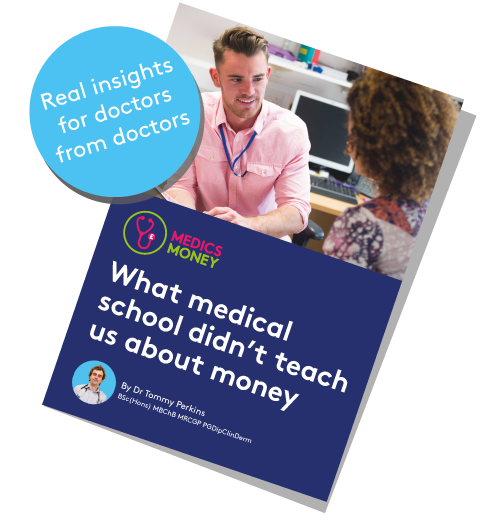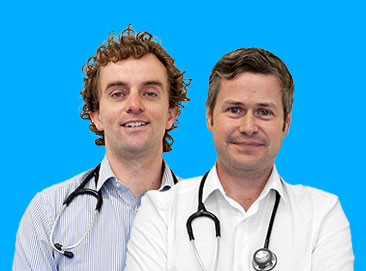Not a long one today but thought I’d tell you a little about something that happened to me last week that I thought it’d be useful to share.
Ever wonder how some people end up in tens of thousands of pounds of credit card debt? Well, it’s not that they’ve spent all that money. They probably only spent a small amount of it. What got that debt snowballing was credit card interest.
You might have heard my What Medical School Doesn’t Teach Us podcast episode on credit scores and how to use credit cards in the best way. The key is to not use them as a source of “extra money” but as a way of creating more flexibility in cash flow and as a tool to improve your credit score on what you’d usually be spending.
So, I’d gotten a credit card last year that gave me a £5k credit limit with 0% interest for 22 months and the minimum monthly payment was 5% of the outstanding balance, I have around 11 months left on that offer and I’ve used the credit card to buy some garden furniture, book a holiday and a course. I’ve used around £3,600 (minimum payment would be £180) of the £5k limit. I’ve been paying off £500 per month with the aim of having no outstanding balance on the credit card well before the 0% offer ends.
Last week I received 2 separate letters, one said my credit limit was increasing to £6,500 and the other said the minimum payment would go down to 1% of the balance. Now this has both negative and positive consequences. Positive ones are that my credit score would improve as I have more credit available (i,e. lenders are happy to loan me more) and I’m now using a lower proportion of my credit than before. However, negative consequences of offering me these two things with less than a year to go on my 0% offer is that I could end up putting more on the credit card and I could end up paying less per month without incurring interest during that time.
What medical school didn’t teach us about money
“What medical school didn’t teach us about money” will give doctors a step by step plan to transforming your financial future. Enter your details to download your copy now

Both those things mean I would end up with debt on the card when the 0% deal expires and I’d move onto an interest rate of 23.9%. I’d either have to balance transfer the debt onto a new credit card (incurring a fee of around 2.99% on average, and negatively impacting my credit score) or start paying interest (basically increasing my debt overtime). Now if I kept paying the minimum amount (now only 1% of the balance!), my credit score would keep improving, so the banks would keep increasing my credit limit. What that results in is a growing credit card debt (because of interest) that the credit limit keeps accommodating. So, a £5k purchase that was meant to be for that well-deserved holiday easily ends up becoming over £11k in 4 months if I only make the 1% minimum payment.
I wanted to highlight this in today’s email newsletter as it may seem obvious, but these are the tricks banks use to get people to pay interest on their credit cards. It would be really easy to reduce my monthly payments or pop that big purchase I’ve been eyeing up (it’s a water softener, not that exciting) on the card now that I have a little extra credit limit. However, being mindful of these methods and being firm with my budget and affordability means I’m using my credit card safely and effectively. It’s not wise committing to another big purchase right now and I need to clear some of the debt first.
Has this happened to you? Get in touch at [email protected] and let us know your credit card stories (always confidential) to influence what we talk about in our podcasts, emails, and blogs!
Join 30,000 doctors and receive free, exclusive, financial CPD for doctors in your inbox.
Medics’ Money is run by doctors and finance experts, for doctors. Our free financial CPD gives you all the knowledge you need to take control of your finances.









